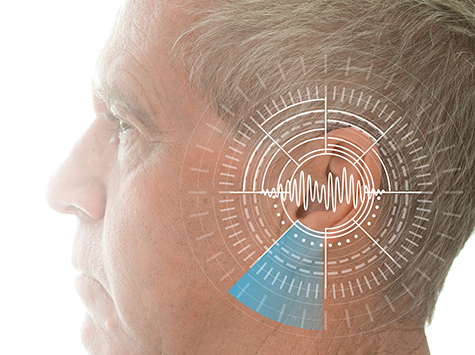Can Ear Tickling Slow the Aging Process?

Fancy an ear tickle? Stimulating the ear with low electrical currents appears to potentially slow down the effects of aging, according to new research.
The new research, conducted at the University of Leeds, found that a short daily therapy delivered for two weeks led to improvements in quality of life, mood and sleep.
The therapy, called transcutaneous vagus nerve stimulation, delivers a painless electrical current to the ear, which sends signals to the body’s nervous system through the vagus nerve, which is connected to the heart, lungs and digestive system.
This could potentially be used to help prevent chronic diseases that become more common with age, such as high blood pressure, heart disease and atrial fibrillation, the researchers say.
The researchers’ findings, published in the journal Aging, suggest that “tickle” therapy has the potential to help people age more healthily by “recalibrating” the body’s internal control system.
“The ear is like a gateway through which we can tinker with the body’s metabolic balance, without the need for medication or invasive procedures. We believe these results are just the tip of the iceberg,” said Dr Beatrice Bretherton of the School of Biomedical Sciences at the University of Leeds.
Transcutaneous vagus nerve stimulation therapy has also been used to help patients with epilepsy and medication-resistant depression.
